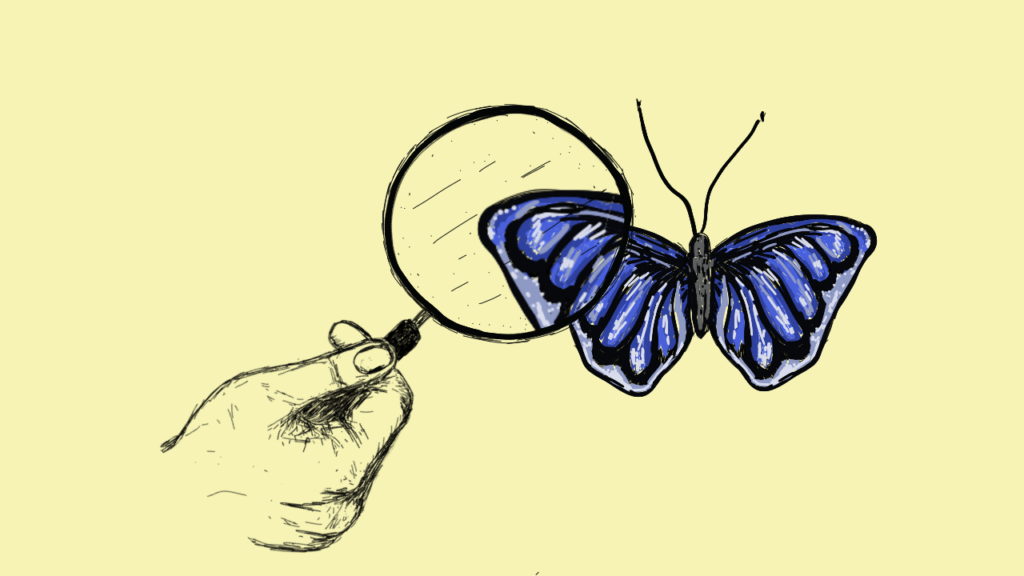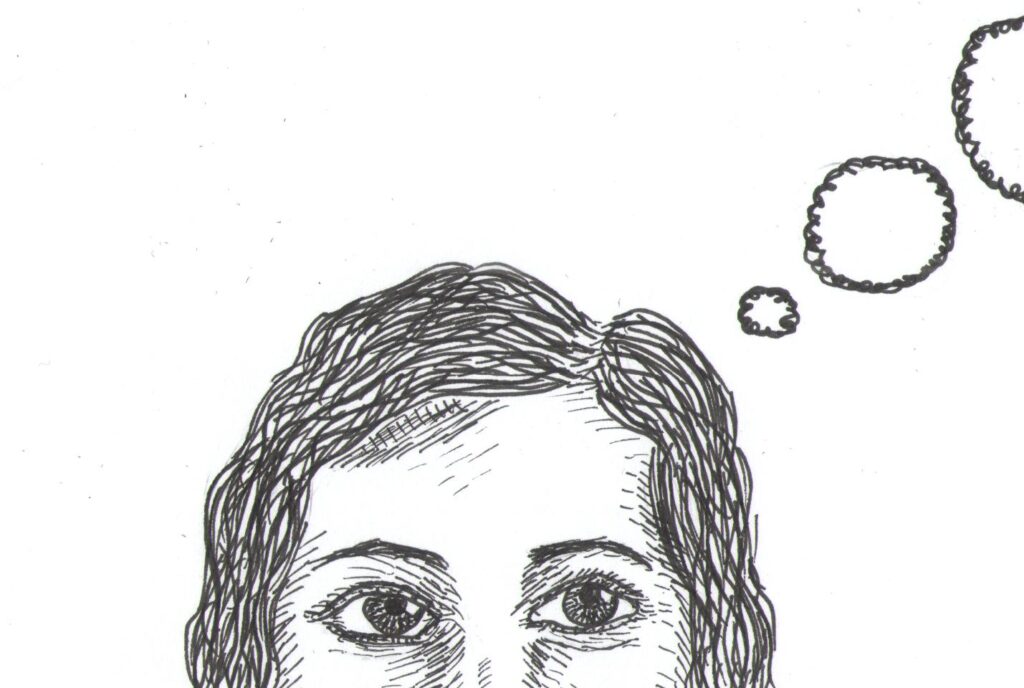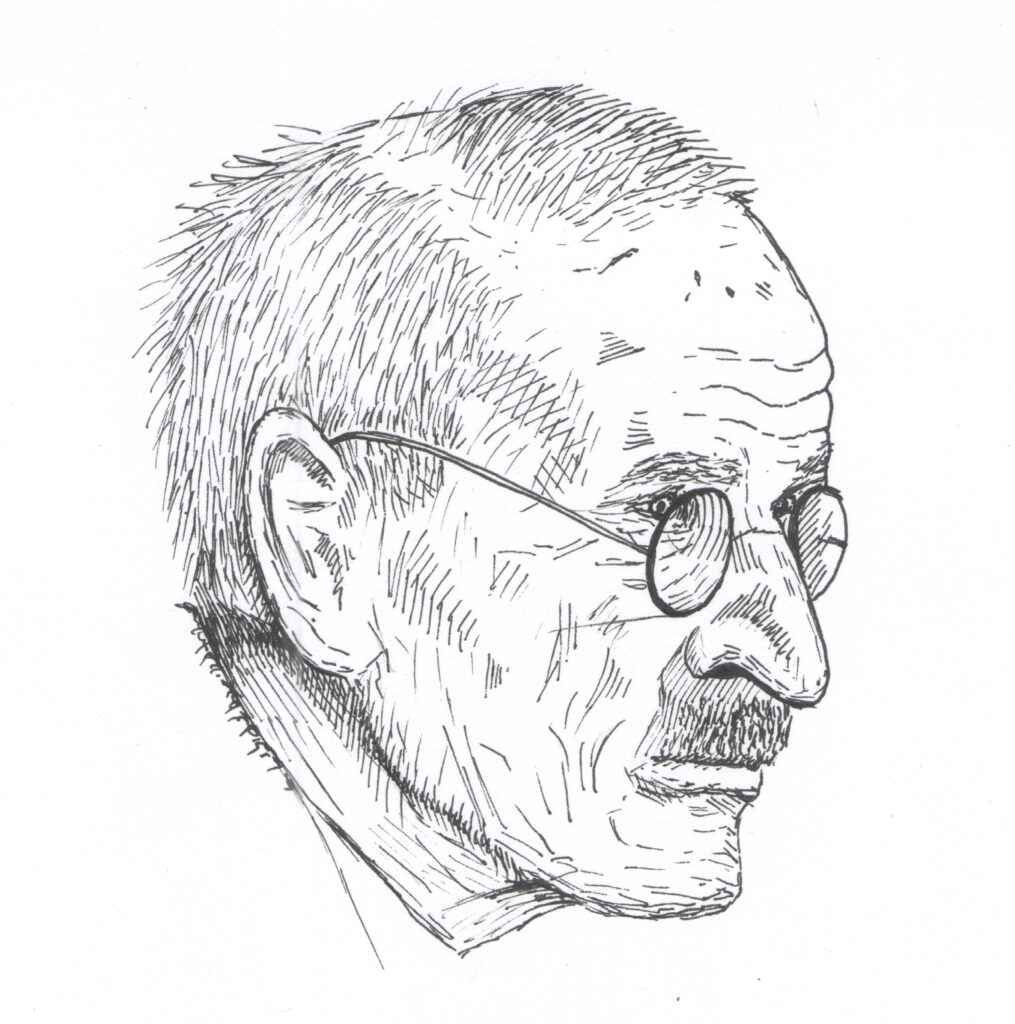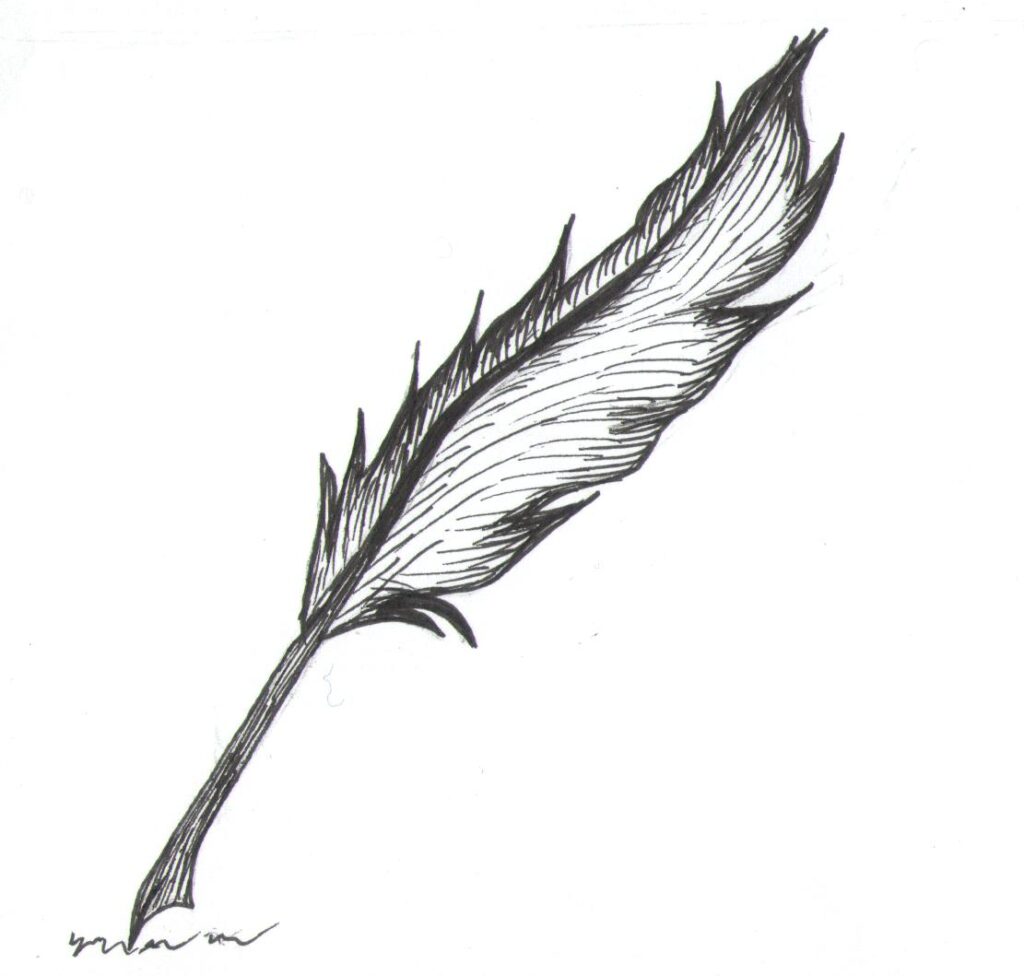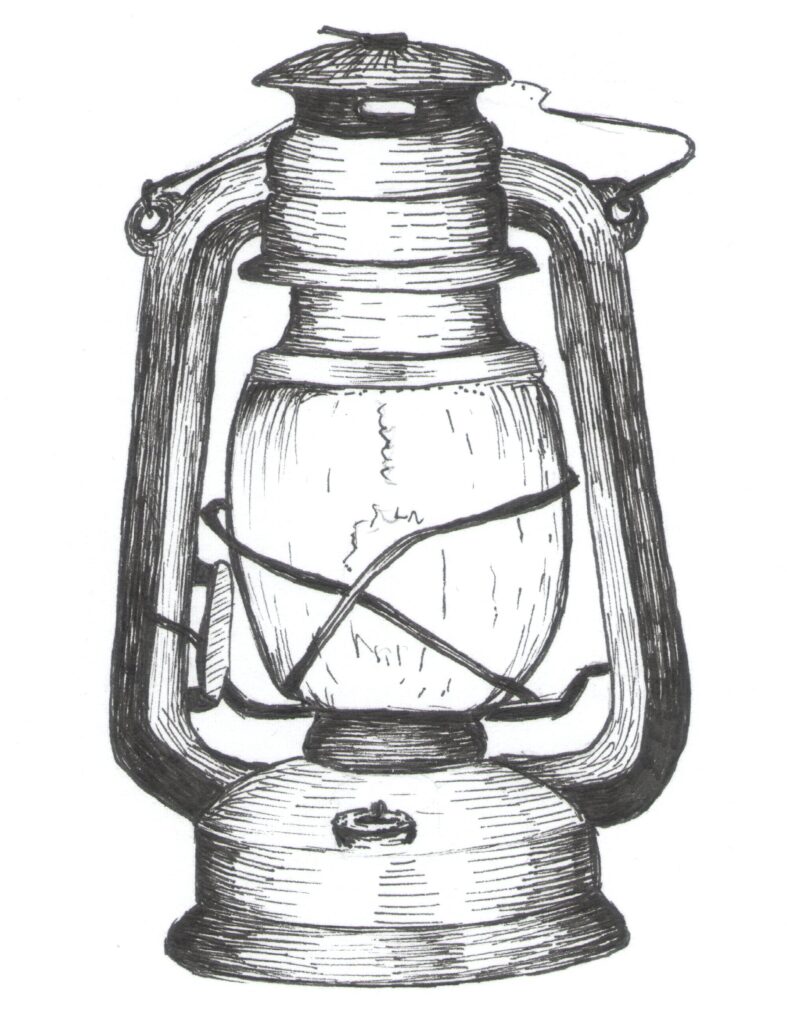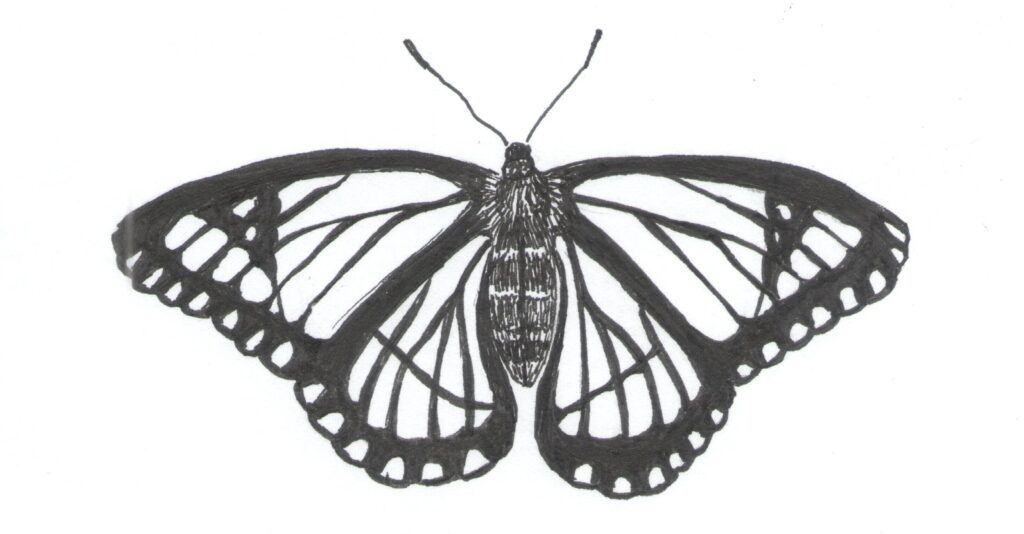
In a previous post, I wrote about how creating something tiny, like a drawing for instance, can show us just how distracted we are. By creating something tiny, we build focus. We might even achieve flow state.
Creating something large and majestic, on the other hand, can show us something different. Creating a larger piece of art does something more than build focus. It shows us our level of inner maturity.
Continue reading “Create Something Great”